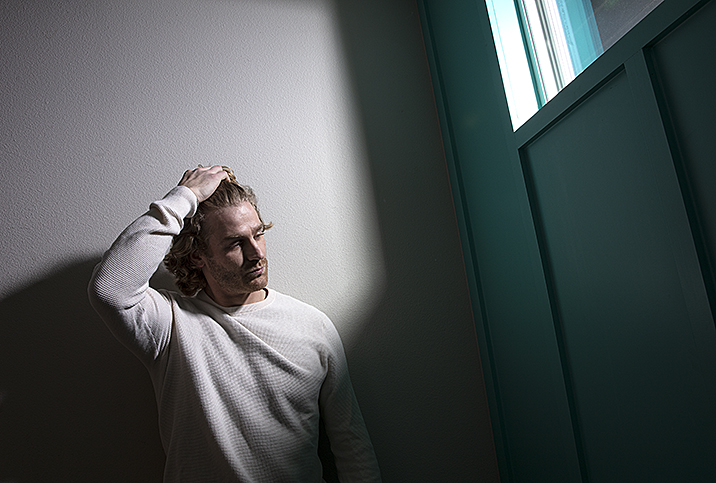How Many Dates Should You Wait To Tell Someone That You Have an STD?

For Jewell Singletary, who has been living with genital herpes for 14 years, it’s not just necessary to share the fact that she has a sexually transmitted infection (STI) with potential partners, it’s also a test of the integrity of any person with whom she might want to sleep.
It’s not a discussion she rushes into, but “once my values are aligned with someone, I’ll disclose (my STI),” said Singletary, a 37-year-old yoga instructor in Newark, New Jersey, who runs Gratitude Griot, a wellness business. “In turn, I expect potential partners to share their STI status and sexual health history, too.”
This is the exact approach you should take if you have a STI, says Kristen Thomas, a certified sex coach in Kansas City, Missouri. “If the person runs for the hills, this isn’t the kind of person you want to date anyway,” she said.
Have ‘the talk’ before you get intimate
You know the whole “don’t sleep with someone until the third date” rule? That’s as outdated as the expectation that guys always need to make the first move. Unfortunately, the number of dates you go on with someone doesn’t really establish anything, whether that’s relationship status or comfort level around disclosing your STI status.
Some people might prefer to get the conversation out of the way, while broaching the topic on the first date might be a bit much for others. But “no matter how many dates you’ve had, I always recommend telling someone you have an STI before any bodily fluids are exchanged,” Thomas said.
For a long time, there’s been a stigma associated with STIs, so it’s understandable if you’re scared to share something so personal, especially early on in a relationship.
“Many people are educated about STIs these days, and they understand it’s not the end of the world if they or the person they are dating has an STI,” Thomas said. “Your potential future lover has the right to know so they can make the best choices for their health.”
Be prepared for questions
After two months of dating, Singletary recently told a partner that she’d been living with genital herpes since 2006. While the two have since broken up, Singletary still believes this was her best interaction yet when it comes to sharing information about her STI.
“He was curious about it and asked questions about herpes and how it’s transmitted,” she said. “It was so wonderful that he wasn’t nervous, afraid or scared.”
It’s important for people with a positive diagnosis to know the facts and be prepared for those kinds of questions, Thomas said.
“For instance, maybe your date knows HIV cannot be spread through kissing and condoms are effective at preventing transmission, but perhaps they don’t know that people on treatment who have undetectable viral loads cannot give HIV to their partners,” she said.
Remember: You’re not the only person with an STI
Considering that 1 in 5 Americans have an STI, according to the Centers for Disease Control and Prevention, it’s likely you’re dating (or have dated) someone who’s been there, too, Thomas said.
And anyone who is open about his or her STI is likelier to be staying on top of it than someone who is closeted about it, she said.
“I tell my non-positive clients that they are less likely to catch an STI from someone who is on medication and is telling you they have a STI than they are from the plethora of people who act like they don’t need to get tested regularly,” Thomas said.
In the end, everyone’s going to feel differently about when to open up. Singletary follows her gut instincts about potential partners. When she’s comfortable with someone and feels ready to take the relationship to the next step, that’s when she’s going to share her STI status. It's not just about being more thoughtful about taking care of her own body, it’s also about extending that courtesy to people with whom she’s intimate, as well.


















